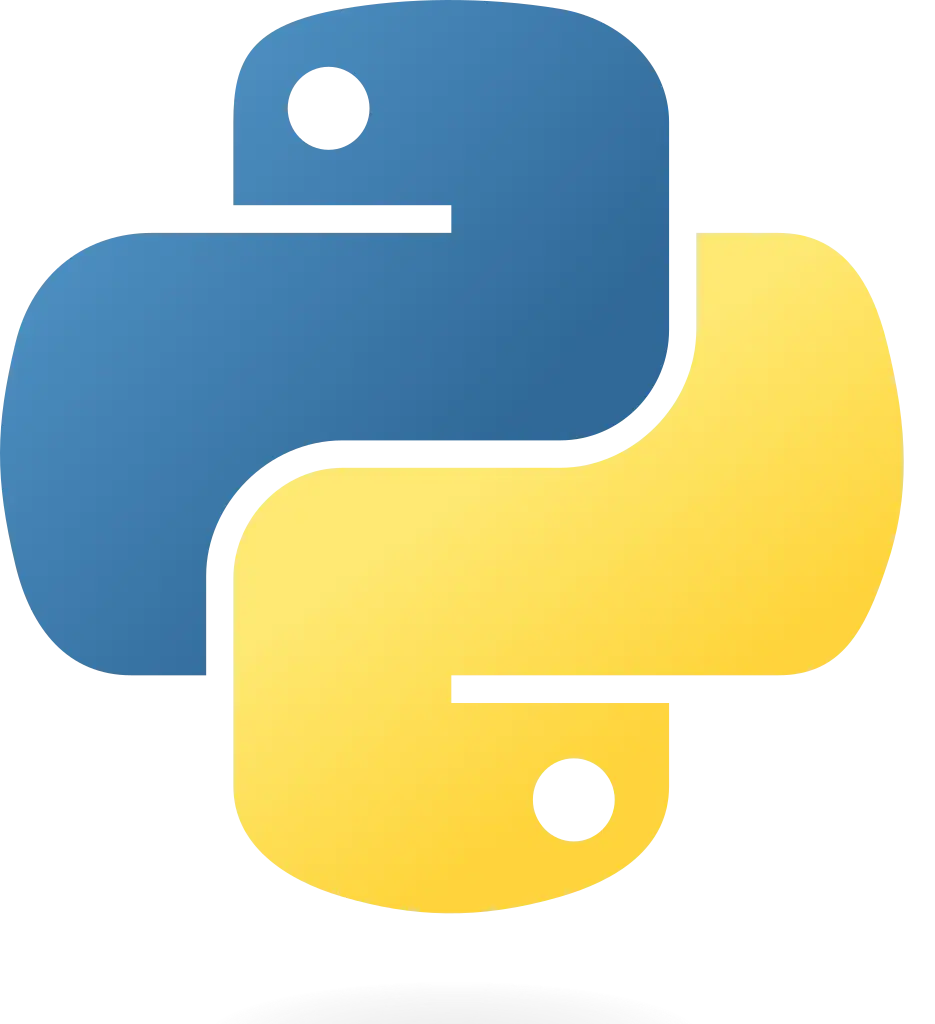Yes, it was changed to ‘None’ in v1.6.0. A change too minor to mention in the release notes.
Web developer. Lead developer of PieFed
- 16 Posts
- 200 Comments

 50·4 days ago
50·4 days agoYou can tell that’s not a real border patrol agent because he’s showing his face.
Your first post was fine. You can leave it to the moderators to delete anything that doesn’t belong.
I haven’t tried to make something like that. I think it’d be hard to do that without also exhausting our resources too.
There are a lot of strategies. afaik a tar pit tries to waste the attacker’s resources by delaying our responses to their traffic? A honey pot tries to funnel bot traffic towards a place which only bots would go to. Once they go there you know they’re a bot and they can be banned.

 9·5 days ago
9·5 days agoThat is a lot like AT Protocol.
There’s pros and cons to every architecture. Which pros seem important and which cons you can put up with depend on your values and priorities.
A never-ending maze would mean the scrapers just hammer our servers forever. Better to lead them into a honeypot and automatically ban their IP. Like PieFed does.
Yes PieFed has a setting for that. It makes scrapers give up pretty fast but ruins the experience for people without an account so I only use it on really bad days.

 13·5 days ago
13·5 days agoAlso this one
Piefed has this feature.

 71·6 days ago
71·6 days agoI’m doing this because I love doing it. Often that means the boring bits like documentation or config or general finesse get left out. I’m trying to paint with broad strokes in the hope that when others see what I’m trying to do they’ll join in and fill in the details.

 132·6 days ago
132·6 days agoMost of it is configurable and off by default. But the haters don’t mention that.

 6·6 days ago
6·6 days agoWelcome!

 5·6 days ago
5·6 days agoThank you! 👍👍

 2911·7 days ago
2911·7 days agoThose checkboxes have been there since version 0.9. Ages.
The problem with grabbing small snippets of code is a lot of context is lost. Don’t trust anyone who does that. PieFed has 50,000 lines of code so anyone showing you 50 lines is leaving out 99.9% of the picture.
As I said a month ago, anyone with honest questions about how things work who wants to make PieFed better knows where to find us. You don’t have to be a coder, we need translators, designers, documentation writers, bug reporters, community evangelists and all that.

 528·9 days ago
528·9 days agoIf anyone has more ideas for how to frustrate and deceive fascists (and their enablers) please let me know.

 12·9 days ago
12·9 days agohttps://fediverse.observer/ is my go-to.
Fedidb used to be great but an update a few months back made it look really pretty but ruined it in all other aspects.

 16·9 days ago
16·9 days agoPieFed does this but it needs to be enabled at the community level before replies can be flagged as answers. See !piefed_help@piefed.social











!piefed_css@piefed.social has examples of how to make small tweaks by pasting CSS into a field in your profile. Nothing y2k themed but it shows a route someone could take to create one.